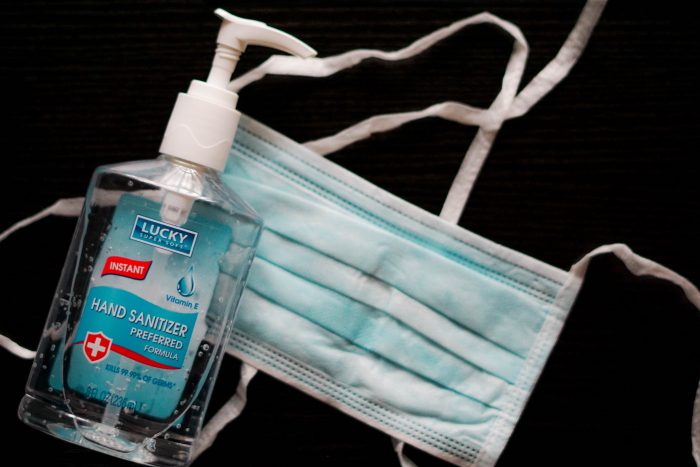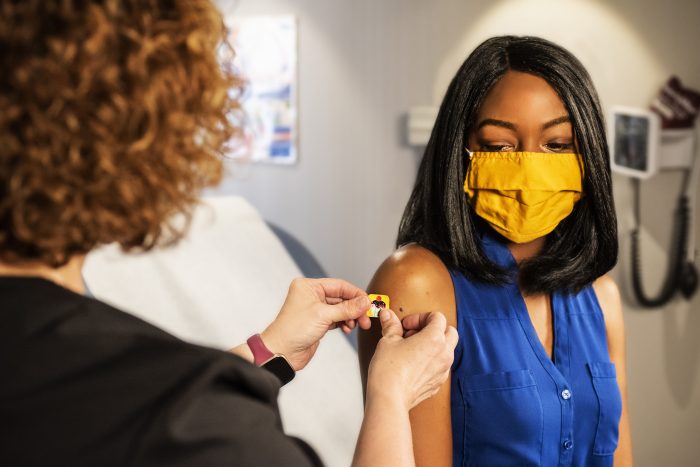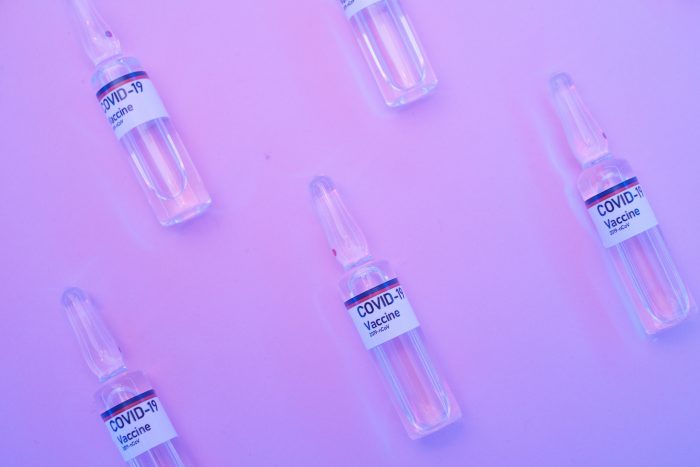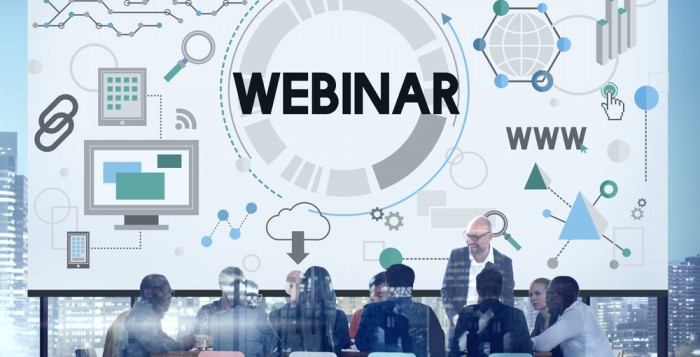Thursday, May 30, 2024
12:00 pm – 1:00 pm EDT; 11:00 am – 12:00 pm CDT;
10:00 am – 11:00 am MDT; 9:00 am – 10:00 am PDT
Register
Laura Malone, MD, PhD
Dr. Laura Malone is the director of the Pediatric Post-COVID-19 Rehabilitation Clinic at Kennedy Krieger Institute. She is also a physician scientist in Kennedy Krieger’s Center for Movement Studies and an assistant professor of Neurology and Physical Medicine and Rehabilitation at the Johns Hopkins University School of Medicine.
Dr. Malone has a PhD in Biomedical Engineering from Johns Hopkins University and her medical degree from the University of North Carolina. She completed her pediatric neurology residency at Johns Hopkins School of Medicine. Dr. Malone’s clinical practice focuses on the neurological care of children with perinatal stroke, other brain injuries, and long COVID. Her research focuses on understanding complex pediatric disorders and on improving outcomes using mechanistic neurorehabilitation approaches. Regarding COVID-19, Dr. Malone investigates clinical phenotypes of children with persistent symptoms after COVID-19 infection and investigates factors and mechanisms that promote good recovery.
Objectives: At the end of this session, the learner will:
- Discuss how our understanding of long COVID has evolved over time;
- Describe guidance regarding assessment and treatment options for children with long COVID; and
- Identify recovery patterns and factors that influence severity and recovery of children with long COVID.
Audience: This webinar is intended for all interested members of the rehabilitation team.
Level: Intermediate
Certificate of Attendance: Certificates of attendance are available for all attendees. No CEs are provided for this course.
Complimentary webinars are a benefit of membership in IPRC/RCPA. Registration fee for non-members is $179. Not a member yet? Consider joining today.















